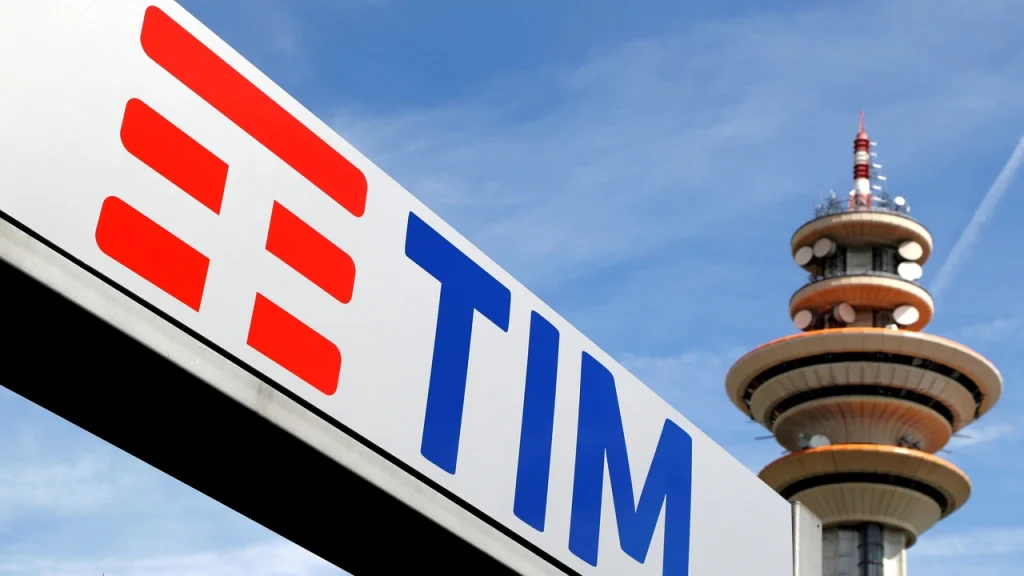- Telecom Italia signs deal with banks for $810 million state-guaranteed loan to bolster infrastructure.
- Move follows strategic asset sale and is backed by Italy’s state agency SACE for network continuity.
What happened: Italy backs $810M loan as Telecom Italia plans network sale to KKR
Telecom Italia has obtained a $810 million loan backed by Italy’s state export credit agency, SACE. The financing, coordinated with a pool of banks including UniCredit, Intesa Sanpaolo, and BNP Paribas, aims to support the telecom operator’s ongoing operations and strategic restructuring. The loan is reportedly tied to the company’s commitment to maintaining critical infrastructure and digital services.
This funding arrives as Telecom Italia pushes forward with its plan to sell its fixed-line network to US private equity firm KKR, a move approved by the government and expected to reshape Italy’s digital backbone. The loan aligns with national goals to preserve network stability during the transition. Telecom Italia’s debt load remains significant, with over $27 billion in liabilities, prompting close scrutiny from both regulators and investors.
Also Read: Poste Italiane to become Telecom Italia’s largest shareholder
Also Read: Fincantieri and Telecom Italia Sparkle unite for cable safety
Why this is important
The injection of $810 million into Telecom Italia reflects broader European concerns about the stability of national telecom infrastructures during ownership transitions. The SACE guarantee signals Italy’s intent to safeguard public-interest assets even as they shift to private or foreign control. According to the Italian Ministry of Enterprise, network continuity and cybersecurity remain priorities in strategic sectors.
The deal also reflects the shifting financial model of legacy telecoms, which are increasingly reliant on asset monetisation and state support to remain viable. The planned $24 billion sale of Telecom Italia’s network, if completed, would mark the first instance of a European country fully separating its national fixed-line network from retail operations, a model watched closely by EU regulators. Competitors like Orange and Deutsche Telekom have so far avoided similar break-ups, raising debate about long-term viability and market competition.
Critics argue that temporary liquidity measures may mask deeper structural problems. With Telecom Italia’s core revenues under pressure and fibre deployment still lagging in some rural areas, state-supported loans may be a short-term fix rather than a long-term solution.

